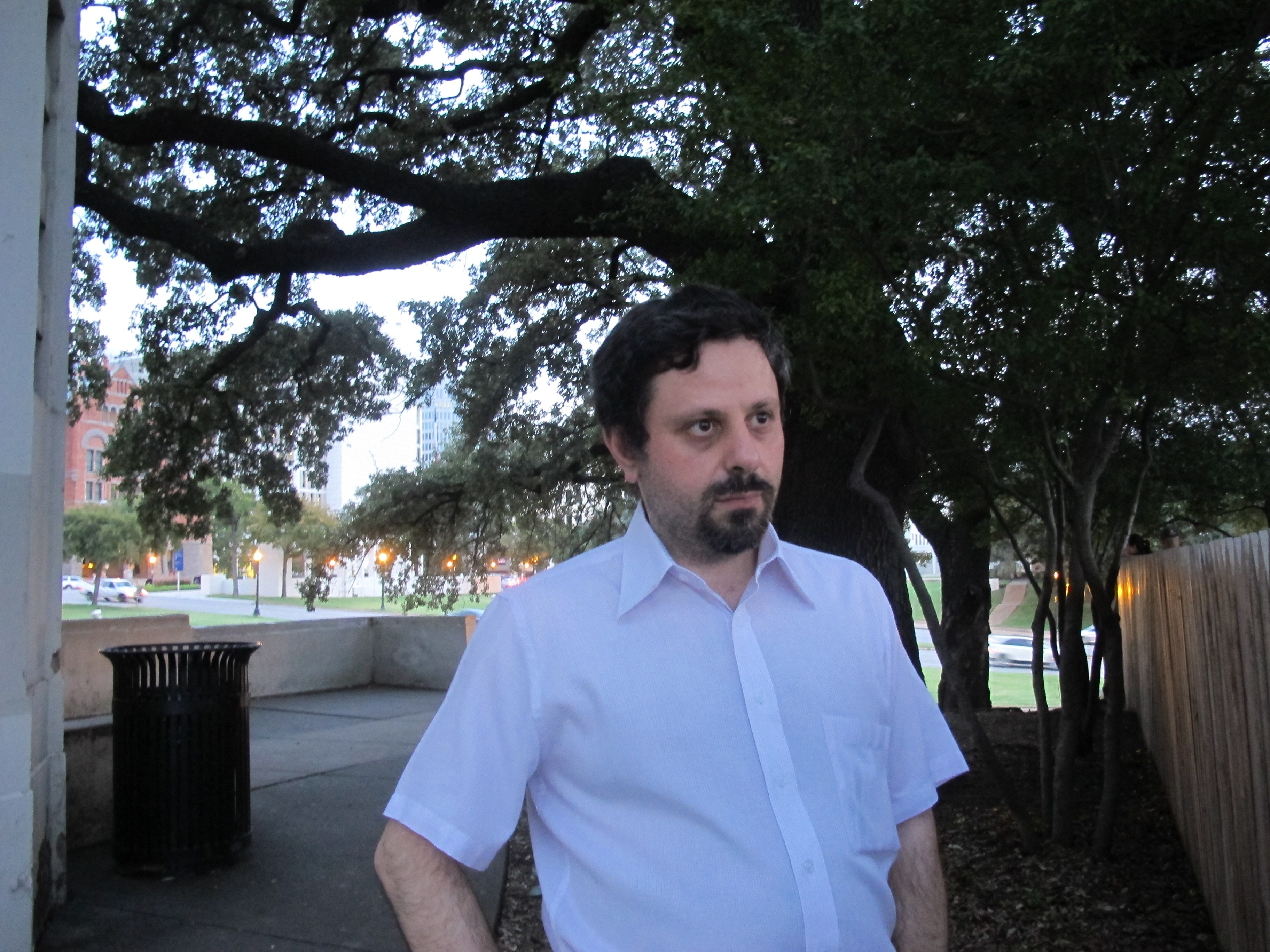What Billy Kerr said. To elaborate: the <Otón> transcription is a phonetic transcription from French. The <Óthōn> transcription is the longstanding traditional hellenisation of Otto; it was used inter alia for King Otto of Greece. It incorporates the –th– of the old spelling Otho; and it ends in –ōn, which makes it declinable. (In Demotic, it switches to 1st declension, and becomes <Óthōnas>.)
So the distinction between <Othōn> and <Oton> is like the distinction between, say, Christopher Columbus and Cristoforo Colombo.
I’ll add that the original Ottos that Byzantines encountered were spelled in a number of ways, including Othōn, Ōthōn, but also Ōttos, Óton, and Ónto.





